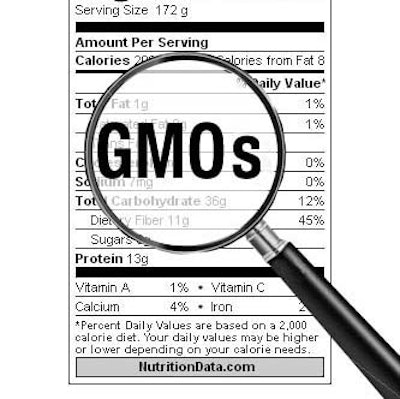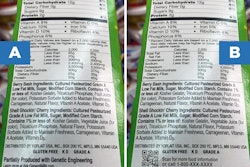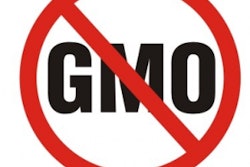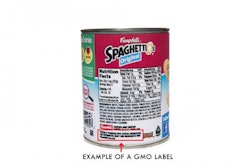
The U.S. food industry is fighting one of its fiercest regulatory battles in years over labels for ingredients made with genetically modified organisms, and it is losing—to Vermont, according to The Wall Street Journal.
The country’s first law requiring mandatory GMO labels is slated to go into effect in Vermont on July 1 after an industry-backed federal law that would block states’ authority stalled in the U.S. Senate last week. Facing fines up to $1,000 a day per product, food makers from giants like General Mills Inc. to regional businesses like Vermont Fresh Pasta are making big adjustments, many of which extend beyond the state’s borders.
Vermont is a tiny market for most companies, but the integrated nature of supply chains gives it an outsize effect. On Friday, General Mills said it is slapping GMO labels on its packaged food nationwide, saying it would be too complex and expensive to create a separate distribution network for the 626,000-person state of Vermont.
The maker of Cheerios and Lucky Charms remains firm in its stance against mandatory labeling, but “having one system for Vermont and one for everywhere else is untenable,” said Jeff Harmening, General Mills’ chief operating officer of U.S. retail.
To read more, click here.
Editors Insight: Both General Mills Inc. and Campbell Soup Co. staunchly opposed GMO labeling, but they realized fighting the mandates was not worth the effort. Such a battle not only promised to drain resources for the companies; the public relations fallout could have proven disastrous.
Cloud-based data management software gives companies the ability to store and manage all types of product attribute data. All players in the food supply chain have access to new data management tools and they have to use these tools to meet both customer requirements and regulatory requirements.
Campbell labels offer a template that other companies can follow in complying with the Vermont law. Below the ingredients list is a new line that reads, “Partially produced with genetic engineering. For more information about G.M.O. ingredients, visit WhatsinMyFood.com.”
One challenge the food industry still faces is the need for a uniform labeling law. The Grocery Manufacturers Association has been lobbying to pass a federal law that would supersede state laws and establish a voluntary labeling standard. The most recent version of such a bill failed to pass a procedural hurdle in the Senate on Wednesday. 3-21-16 By Elliot Maras















